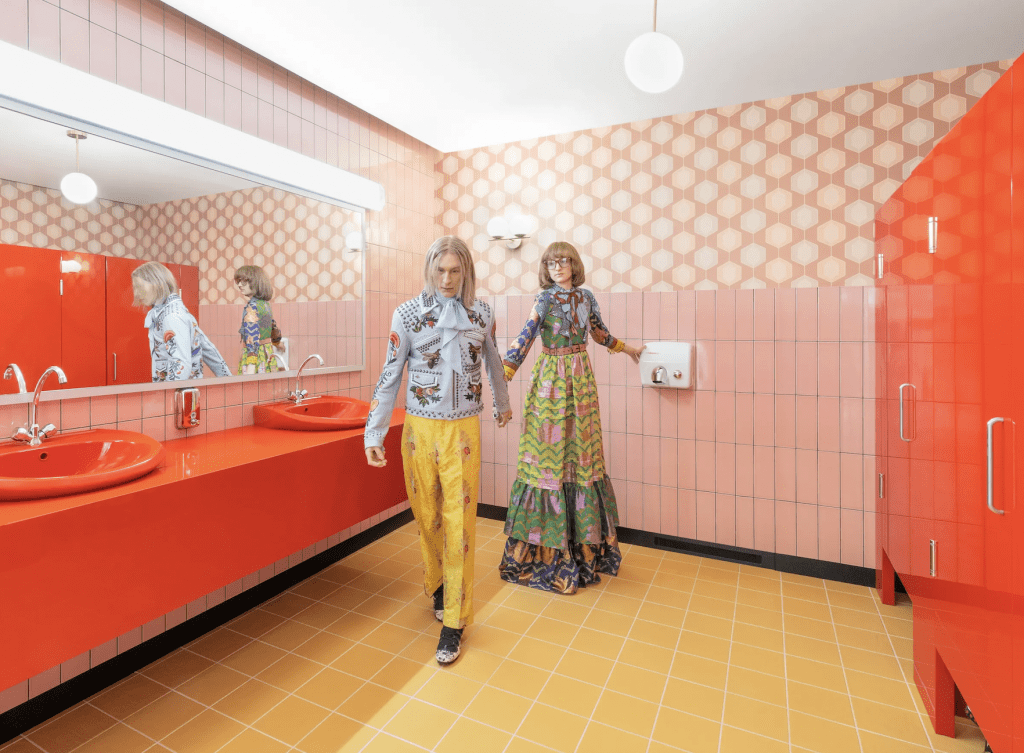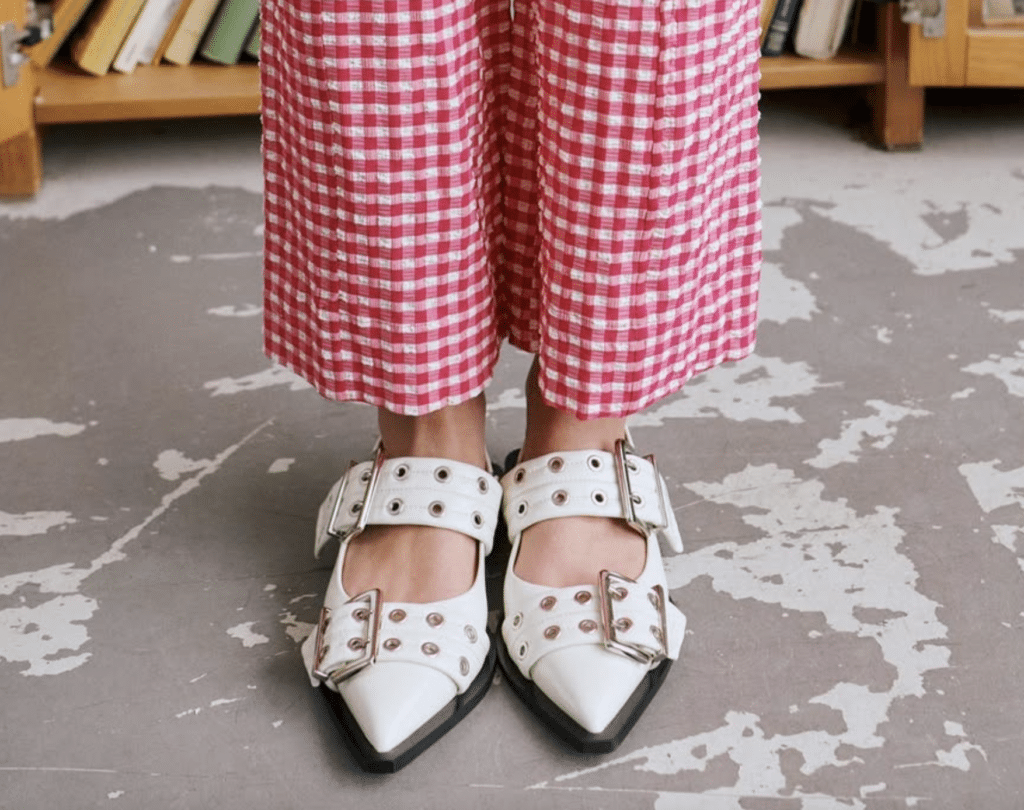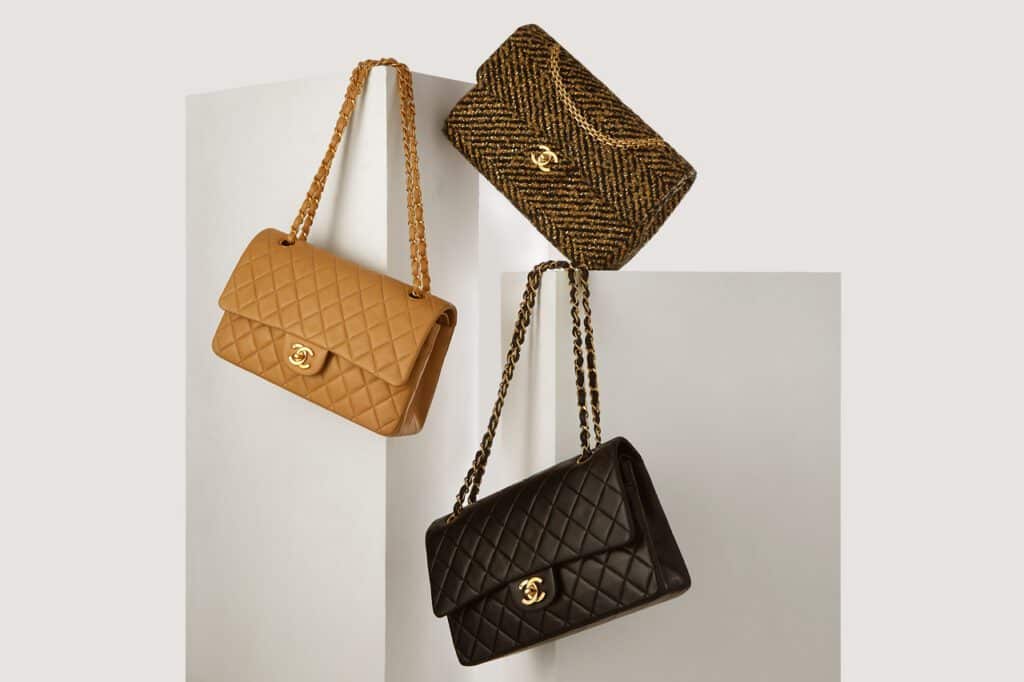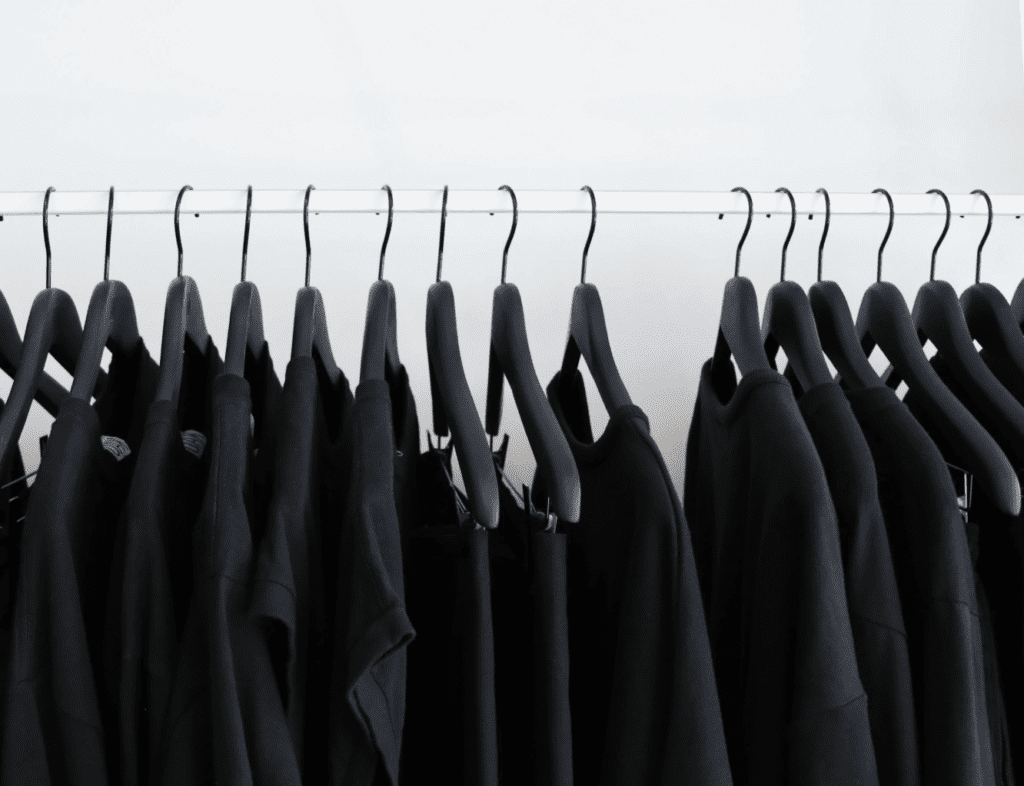Kering brands want in on the metaverse. It may early days when it comes to the budding shift towards a virtual reality but nonetheless, some of fashion and luxury’s biggest names appear to be looking to reach consumers in this medium by way of collaborations with companies in the virtual reality, augmented reality, blockchain, and gaming space, as well as through their own ventures. Some of the brands that fall under Kering’s umbrella are among those that have been at the forefront of the move to the metaverse, with the French luxury goods group’s marquee label Gucci, for instance, garnering no shortage of consumer attention this spring when it launched its “Gucci Garden” experience on Roblox, what the AP called “a step by the fashion house that prides itself on Italian craftsmanship to enter an expanding virtual space where many of its youngest admirers already are at home.”
Thanks to Gucci’s virtual pop-up in the Roblox universe in May, Roblox’s user base – which totaled 42 million at the time – could “immerse themselves into [Gucci creative director] Alessandro Michele’s creative vision and his multifarious inspirations, and share the captivating experience of the exhibition with their friends.” At the same time, they could, of course, win or purchase, and then wear exclusive Gucci virtual items. While the items, such as Dionysus bags, an array of eyewear offerings, Gucci Bloom perfume bottles, and branded headbands and hats, were initially available for purchase for between $2 and $9, at least a few users splashed out thousands of dollars for limited edition virtual Dionysus bags in the Roblox secondary market, potentially foreshadowing what the likes of the industry’s pioneering luxury resale entities might be up to in the future.
Before that, the Kering-owned Gucci partnered with Snap to create the “Virtual 25” shoes, the $12 virtual sneakers that buyers can wear in augmented and virtual reality settings in furtherance of a larger string of what Gucci EVP of Brand and Customer Engagement Robert Triefus has called “experiments and pilots where values are attached to certain experiences or digital products so that we can understand what the value system is.” Speaking about the industry’s foray in digital ventures last year, Mr. Triefus said that to date, fashion has largely “been defined by a physical experience” – both in terms of “materiality of the product, [as well as] in the experience, going to the stores, etc.” He noted that the pandemic has served to speed up existing trends in fashion and luxury, including digital opportunities, and “the notion that our lives can be virtualized, digitized.”
Since then, fellow Kering-owned brand Balenciaga has entered into the virtual world by way of a tie-up with Epic Games’ blockbuster offering Fortnite for a collaboration that has seen the two companies produce both in-game apparel and accessories, as well as physical merch.
If these endeavors and others, such as Gucci’s Aria-centric NFT, are any indication, there is more to come from the brands that populate the François-Henri Pinault-led group, as well as others in the fashion and luxury space, in furtherance of their quest to reach consumers, especially the prized pool of young, Gen-Zers, where they currently are.
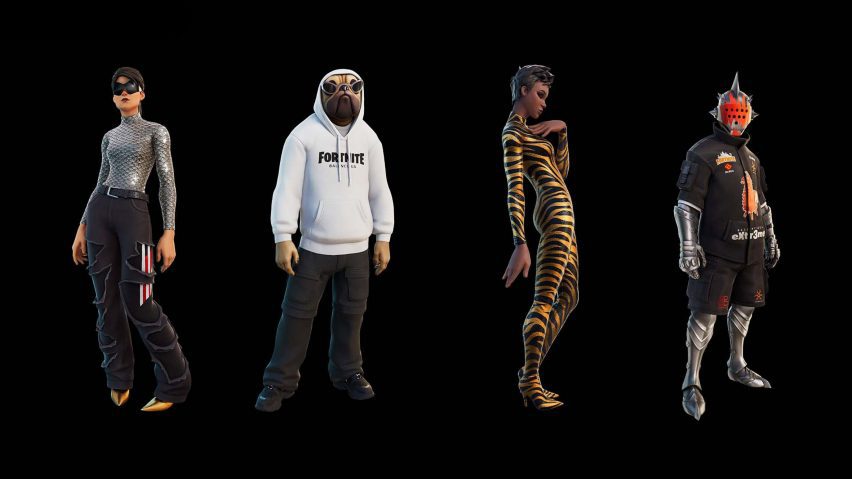
Trademark Filings
Against that background, and given the budding efforts by companies like Nike to lay the groundwork when it comes to amassing trademark rights and registrations in the virtual space (Nike made headlines recently for filing a slew of trademark applications for registration for its name, Swoosh logo, and various other marks for use on “downloadable virtual goods” and “retail store services featuring virtual goods” in the U.S., Singapore, Switzerland, Mexico, and Canada), it is worth taking a look at where Kering’s brands are on the trademark filing front in order to gauge where they stand and where their digital ambitions may lie.
Primarily, Balenciaga filed an application for registration (ser. no. 79315241) with the U.S. Patent and Trademark Office (“USPTO”) in March 2021 for an array of goods/services, including some in the AR/VR space in Class 9, namely, “virtual and augmented reality headsets,” “computer programs (downloadable software),” “3D spectacles,” “connected spectacles,” and “smart glasses.” We may get some more insight here, as the USPTO issued a preliminary office action, requiring the brand to provide some more specificity about the goods/services listed in its application, including further identifying the “computer programs (downloadable software)” it claims, among other things.
Fast forward to October 27, and Gucci filed a trademark application (ser. no. 42021525579) with the Intellectual Property Office of the Philippines for its green-red-green stripe logo for use in Class 9. Among the goods/services listed in Gucci’s application are a handful of interest ones, including “downloadable and recorded computer game software,” “computer software for use in virtual reality and augmented reality environments,” “downloadable software for providing an electronic financial platform for digital currency exchange,” “downloadable image files,” as well as “smart glasses [and] connected glasses.”
And still yet, on November 10, Yves Saint Laurent filed an intent-to-use trademark application for registration (ser. no. 97118872) with the USPTO for its interlocking YSL logo in Class 35, including for “connected clothing, smart clothing, connected footwear, [and] smart footwear,” among other things. On the same day, it also filed an application (ser. no. 018597534) for its “Saint Laurent” word mark with the European Union Intellectual Property Office for use of identical goods, which could suggest that the Paris-based brand is looking to add tech-leaning goods to its lineup of offerings as it sets its sights on the 3 billion euro revenue mark.

The Future for the Kering Brands
It is not yet clear what exactly the Kering-owned brands’ ambitions look like in the metaverse. However, what is clear is that there are the opportunities for brands when it comes to virtual worlds. In a note on Tuesday, Morgan Stanley put a $50 billion valuation on the opportunities for fashion and luxury goods brands in the metaverse, noting that as of now, “revenue streams from digital mediums for luxury brands are negligible, [but] we think this is about to change.” The bank’s analysts “expect the whole sector to benefit from the advent of the metaverse,” but said that they see “the soft luxury brands (ready-to-wear, leather goods, shoes, etc.) as particularly well positioned.”
In light of the enduring rise of the metaverse (i.e., a virtual-reality space in which users can interact with a computer-generated environment and with other users – or as Nike’s Metaverse Studio Lead Eric Redmond has described it, the metaverse is “the all-encompassing space in which all digital experience sits”), and the monetary value that is expected to be generated as it continues to come into fruition, brands – including the aforementioned Kering companies – may be smart to get a jump start both by way of exploratory partnerships and collaborations, as well as groundwork-laying trademark filings.
Mirroring the sentiment of Mr. Triefus, who pointed to the pandemic-accelerated “virtualization and digitization” of various aspects of our daily lives, Cathy Hackl, who is the chief metaverse officer and CEO of metaverse-focused consulting agency Futures Intelligence Group, similarly states that “our digital lifestyles are catching up to our physical lives.” With that in mind, she says that it is time for brands to “break free from two dimensions [and embrace] a fully 3D environment,” especially since the emerging rise of the metaverse will, in fact, “change the way consumers of the future” – including Gen-Z spenders – “engage with brands.”
Ultimately, the takeaway (for now) is this, according to Hackl, “If the internet and social media changed your business or changed the way you interact with people, then you should be paying attention to what Web 3.0 and the metaverse will do, because it will change those things as well.” Kering companies and other luxury brands, included.




